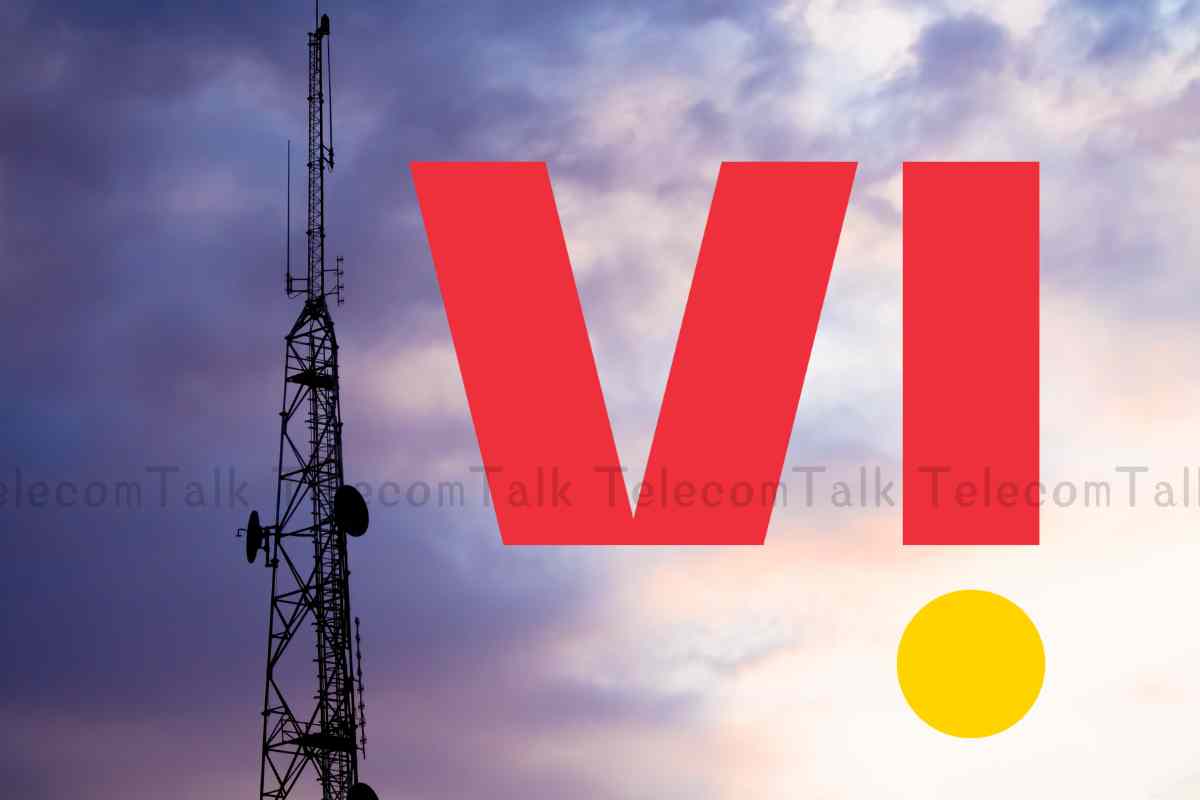Vodafone Idea (Vi), the cash-strapped Indian telecom operator, is struggling to make ends meet. 2023 is going to be a decisive year for the company. On Jan 10, 2023, at the closing bell, Vodafone Idea’s stock closed at Rs 7.25, the lowest figure in the last 18 months. Things don’t look good for the company as the government is not planning a relief package any time soon, and the tariff hikes also seem slightly far off from here. Until the time other operators move, Vi can’t even go ahead with the tariff hikes; it would further impact the subscriber churn rate negatively.
Vodafone Idea Tariff Hikes
Is tariff hikes the solution for Vodafone Idea? Well, not really. Tariff hikes would just be a very short-lived curtain that the telco would be able to use to hide its main problems. We will get to the main problems soon enough. To be very honest, the tariff issues are not the biggest contributor to where Vodafone Idea is standing today. This issue has been that the telco’s networks delivered an inferior experience to customers time and again. Now, while it is true that Vi’s networks were awarded the fastest 4G networks in India many times, it is not all that matters. Just delivering fast download and upload speeds don’t create a solid network experience for the consumers. There are many other aspects, such as latency, video experience, 4G availability and coverage and more. If these areas are not paid attention to, the customer will not want to stick for long. Regardless, the tariff hikes would help the telco in improving its overall revenues. But even a 50% hike wouldn’t solve its core issues at the moment, which are - reducing subscriber churn, paying off dues to the vendors and lenders, and funding network expansion. Read More - Vodafone Idea Shares Slide to Pre-September 2021 Relief Measures Level
Promoters Potentially Hold the Future of the Company
Everything seems to be in the hands of the promoters right now. If the promoters decide to infuse capital (a significant amount of it), then the government said that it would proceed with the equity conversion process. Post the dues to equity conversion, the Indian govt is expected to hold about a 33% stake in the company. This would make the govt the single largest stakeholder in the telco. But if the promoters decide not to infuse further capital into the company, it would hurt the funding plans of the telco. Until and unless the government converts dues into equity, the external investors wouldn’t like to proceed with infusing funds into the company. Read More - Vodafone Idea Data and Voice Volumes Remain Low Despite Its Lucrative Offerings
The Issue of Indus Towers
It will be crucial for the investors of Vi to keep an eye on whether the telco is paying off its dues to Indus Towers or not. In 2022, Indus Towers gave a strong warning to Vi to clear the dues or risk losing access to its towers. If Vi loses access to mobile towers provided by Indus Towers, it would mean that millions of customers will be affected across the country, and that would actually derail Vi completely. Vi had promised Indus Towers that it would start making complete payments from January 2023. It will be important for Vi to keep this promise.
Revenues from Enterprise Business
While Vi has been losing love in the B2C business, if the telco can manage its enterprise business to sustain itself, it can help. In addition, if Vi can hold its postpaid subscriber base, it can help subside the effects of its losing subscriber steak. To scale revenues in the B2C space, Vi has built partnerships with several companies and startups. In addition, the telco also offers B2B services in partnership with many major corporations. The telco must attempt to grow the enterprise business to strengthen its books and position. The growing demand for digital services by the MSMEs (micro, small, and medium enterprises) is an opportunity for Vi to tap into. If enterprise business keeps growing, the investors will have something to look forward to.
